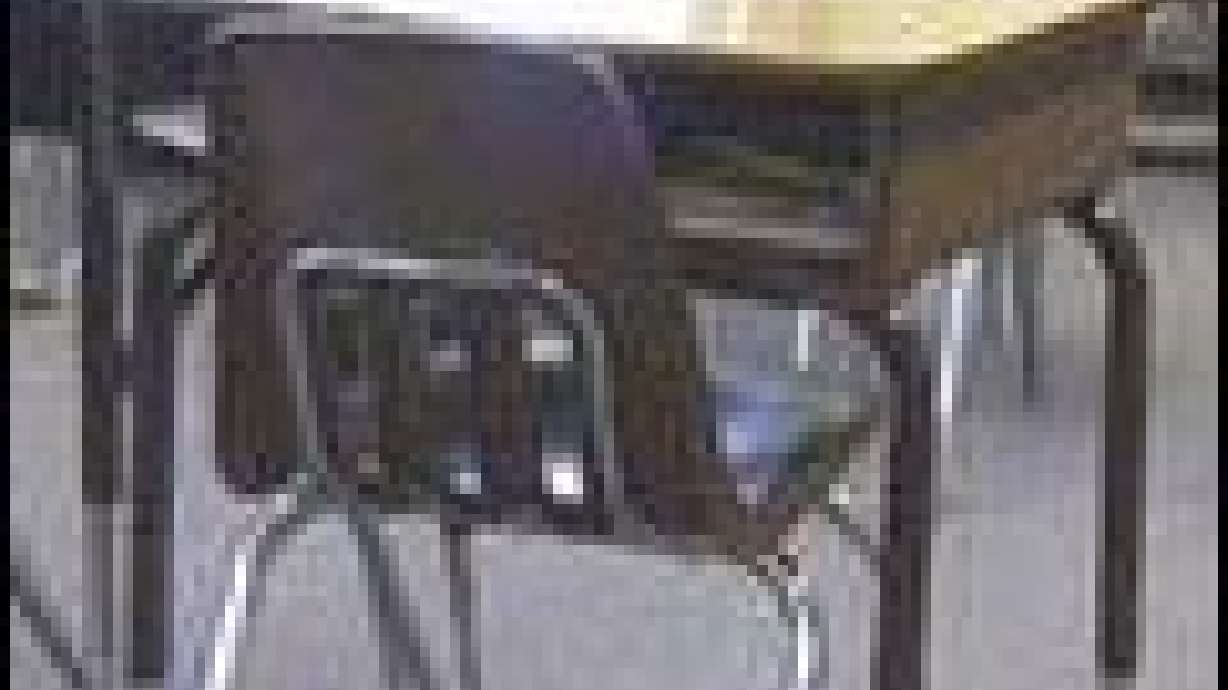Estimated read time: 3-4 minutes
This archived news story is available only for your personal, non-commercial use. Information in the story may be outdated or superseded by additional information. Reading or replaying the story in its archived form does not constitute a republication of the story.
PROVO, Utah (AP) -- Rep. Lorie Fowlke believes educators should have alternatives to suspension when students get into trouble.
The Orem Republican plans to introduce a bill calling for a committee to study of alternatives to suspension.
Fowlke contends suspension doesn't work.
"It gets them out of school but does nothing ... it actually hurts the child," she said. "I don't believe that it is particularly productive for a student to get suspended."
The committee would look at the cost of suspension alternatives and examine what schools are doing to discipline children around the state and country, she said.
Earlier this year, a Pleasant Grove Junior High School student was suspended from school and expelled more than a month later.
His stepfather said the boy was not given any instructions on how to get his school work done during the suspension. His parents took him to the Alpine Life and Learning Center so he could get homework packets and keep up on his school work. But his stepfather said that without a teacher to help him or instruct him, the boy was getting very little education out of the packets.
Suspension policies vary from district to district and school to school.
In the Provo School District, when students have multiple suspensions, the district tries to find out what they need, said Greg Hudnall, district student services director.
The district has 50 programs to help students who are having problems in school. The programs range from having a social worker meet with the family to a mentor being assigned to a student.
"You expel or suspend, then they come back and are behind in credit and have the same behavioral problem," he said. "Our philosophy is that there are no such things as a failure or a dropout, there are options."
But the extra service doesn't come cheap. It costs the Provo School District $2 million a year to offer the additional services, Hudnall said.
Money is the primary concern with any bill that would make alternative discipline mandatory.
"It could be OK if it's funded," he said. "We don't need state mandates or federal mandates that have no funding. We already have enough on our plates."
In the Nebo School District, options range from time-out rooms to skill-building classrooms dedicated to kids who are in trouble, said Scott Wilson, secondary education director for the district. But punishments depend on the offense, and Wilson said he thinks suspension should be used sometimes.
"If the student is a threat to the safety of other students ... or the teachers, I think it's appropriate," he said.
Rather than a state mandate on discipline, school districts and schools should decide what disciplinary actions should be used, Wilson said.
American Fork Junior High School uses in-school suspension for most disciplinary actions.
"If you suspend them at home there is nobody there during the day, but here they are suspended and they are with a teacher all day," said Jim Young, assistant principal.
The school sequesters 10 students in a classroom all day where they do homework. A teacher is always present. Last year, there were 180 students that went through in-school suspension, and there were about 20 repeat offenders, he said.
In-school suspension works well because it takes the fun out of school for the student, he said.
"Isolate them from their friends and it's tough on them, they stop and think about what they did," he said.
(Copyright 2005 by The Associated Press. All Rights Reserved.)









